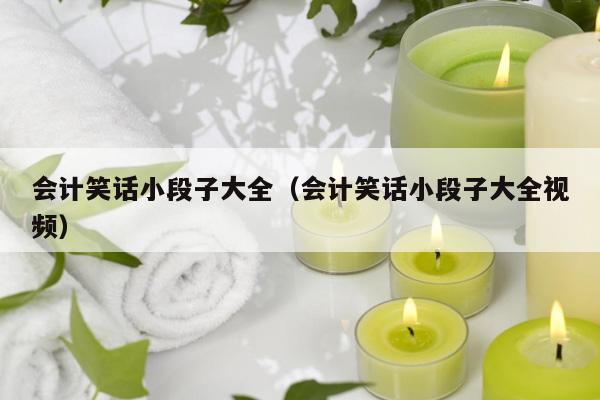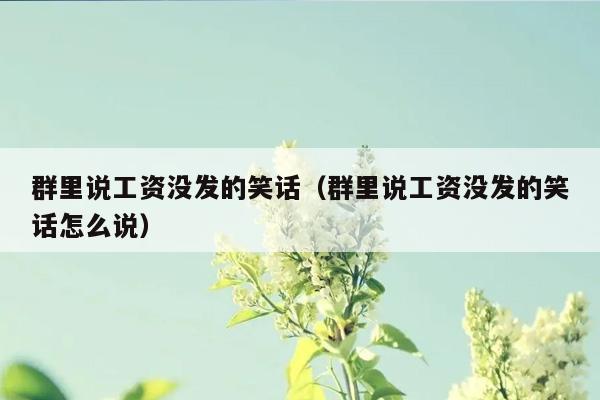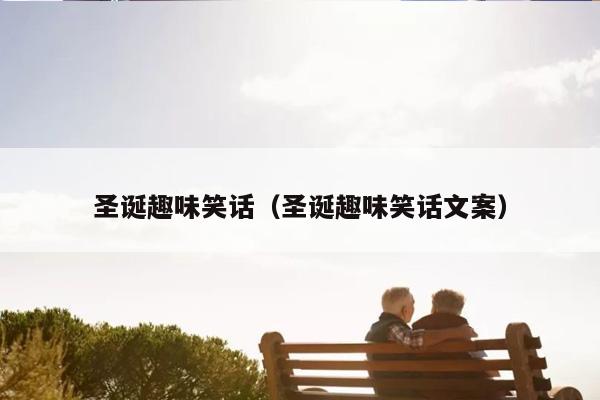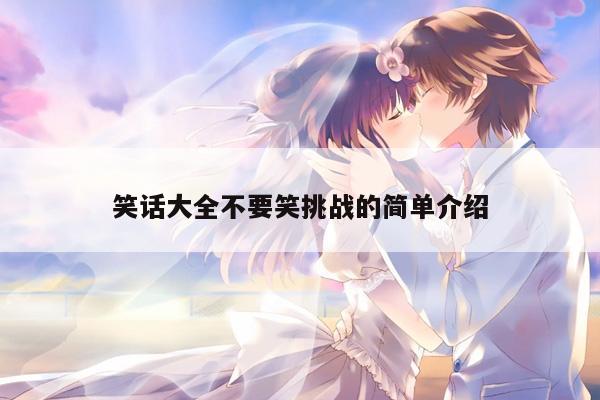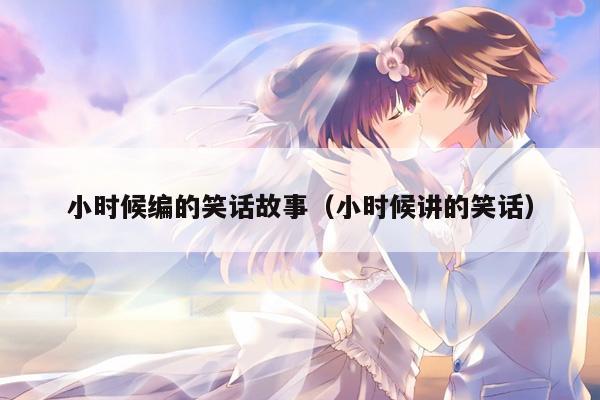本文目录一览:
- 1、中国人与外国人的英语对话中的小笑话
- 2、那些年我们学英语闹过的笑话 敢不敢说出来让大
- 3、岳云鹏把sorry拼成soory,你因为英语闹过什么笑话?
- 4、求求各位大侠帮我将这几段话翻译成英文,急!在线等(能翻译多少就多少,不过要完整)
- 5、中国人学外语闹笑话怎么了,看看外国人能强到哪去
中国人与外国人的英语对话中的小笑话
有人学英语,“how”是“怎么”,“are”是“是”,“you”是“你”
于是将“how are you?”理解为“怎么是你?”;又因为“old”是“老”
于是将“how old are you?”理解为“怎么老是你?”
还有一则外国人之间的误会:
一个妇人请来装修公司为房子的地板翻新,她警告那些装修工人说: “你们要特别小心搬动这张餐桌,因为它是属于路易十四(法国皇帝)时代的古董 (It goes back to Louis the Fourteenth,可以解为: “在十四日,它会返回路易那里去。”)。”
其中一个工人听后点头同意,对她说: “你不要难过,如果我在星期五不付清余款的话,我家客厅全套家具,会在十六日返回西尔斯公司那里去。(my whole living room set goes back to Sears on the sixteenth)”

那些年我们学英语闹过的笑话 敢不敢说出来让大
@he白羊
When I just got in the classroom, I said "I'm so hot" and took off my coat…
我一走进教室就说“I'm so hot(我太性感啦)”,然后脱掉了我的外套……
这位同学实际上想表达的是“I feel so hot(我太热了)”。
@婕ZZJ
Once in my English class in high school, when we just learned the grammar for "so is it" and "so it is", my teacher asked me to stand up to have a short conversation with her. She pointed at our monitor and said, "His English is good," expecting me to answer, "Yes, so he is." However, I replied proudly, "So am I."
一次在高中英语课上,我们在学习“so is it”和 “so it is”的用法。老师让我站起来和她进行一小段对话。她指着我们班长说:“His English is good(他英语很好)”,然后等着我回答,“Yes, so he is(是的,的确如此)”。然而,我骄傲的回答道:“So am I(我英语也很好)”。
@chimchim
Once when I talked with my American friends about something interesting in my family, I wanted to say that my mom would tell some lies to tease my dad. But I said my mom cheated on him… After a long time, I started to realize my mistake and understand the sympathy my friends showed me.
有一次我和我的美国朋友聊起我家的趣事,我原本想说,我妈会撒谎(lie)逗我爸玩儿。但是说出来的却是“My mom cheated on him(我妈对我爸不忠)”……很久之后,我才意识到自己的错误,终于明白为啥朋友们都对我表示同情。
很多人常常将cheat和lie混为一谈,但其实两者有很大区别。Lie表示说谎、撒谎,而cheat则指欺诈、欺骗,cheat on可表示对配偶或伴侣不忠。
@春!
The awkward experience when I tried to buy a snap-on case for my HTC in Oxford:
我的糗事是,当我在牛津给我的HTC手机买手机壳时:
Me: Hey, I want a snap-on case for my HTC G qi (the Chinese pinyin for seven).
Salesman: For what?
Me: G qi.
Salesman: What?
Me: G! Qi!
Salesman: G… what?
Me: … G seven.
我:嗨,我想要一个HTC G七。
售货员:啥?
我:G七
售货员:啥?
我:G!七!
售货员:G啥?
我:……G seven
@Lefroy
When I messaged my foreign professor, he always used some abbreviations. So sometimes I also used this form such as 3Q for thank you. One day I suddenly realized that foreigners pronounce 3 as "three" rather than Chinese pinyin "san" (whose pronunciation sounds similar to "thank")…
当我给我的外国教授发信息时,他总是用缩写。所以我有时也会这样,比如用3Q代替thank you。有一天,我突然意识到老外的3是three,不是中文的“san(发音同thank接近)”。
@-FUYALAN
When I traveled in Bali I wanted some matcha-flavored ice cream, but I didn't remember how to say matcha in English. At that moment, I saw the "mocha-flavored" ice cream on the menu and I was very excited, thinking, "Wow! Another Chinglish!" (Matcha in Chinese pinyin is "mocha".) But it turned out that it was the flavor of a kind of coffee…
我在巴厘岛旅行时,想点一份抹茶口味冰淇淋,但我不记得用英语如何说“抹茶(matcha)”。当时,我看见菜单上有“mocha-flavored(摩卡口味)”冰淇淋,于是我一激动,心想,“哇!又是一个中式英语(摩卡的英文拼写mocha和抹茶的中文拼音相同)”。结果,mocha-flavored实际上是一种咖啡口味……
岳云鹏把sorry拼成soory,你因为英语闹过什么笑话?
网络上有一则新闻,引起了很多网友的注意,就是岳云鹏把sorry拼成了soory,有网友就特别疑惑,你因为英语曾经闹过什么笑话?有一次我坐公交车的时候,有一个人不小心踩到了,我那个人是外国人,他说了一句sorry。我立马回了一句,you are welcome。当时我就震惊了。
我相信大家都知道一件事情,就是小时候我们曾经学过一些英语的固定搭配,比如如果有人跟你说thank you的时候,也就是感谢你的时候,你要回答她,you are welcome或者not at all。这两个的意思就是没关系或者不用谢。所以我一直记得这一句话,无论谁跟我说thank you我都会说you are welcome。
但是正是因为我记住的这句话,让我闹了一个非常大的笑话。这件事情就是因为我自己在坐地铁的时候呢,有一个人不小心踩到了我的鞋子。
这个人是一个外国友人,他很可能不知道如何用中文表达对不起,所以呢,他用的是英文,连忙说了一句,sorry。这个时候我就随便回了一句哇,我要看我当时还没有反应过来哪里不对劲,后来我发现you are welcome是没关系的意思。根本就不是跟sorry搭配在一起的。
当时那个外国友人眉头也皱了一下,他们可能不知道我为什么要回答他这一句话。但是无谓了,避免尴尬把头低了下去,再也没和他有任何眼神交流。
所以我希望大家学英语的时候一定要学好一点,不然的话用起来可能会发生非常尴尬的事情,我因为英语闹过的笑话非常多,不止这一个。
求求各位大侠帮我将这几段话翻译成英文,急!在线等(能翻译多少就多少,不过要完整)
1. Niu to learn English translation of the article
English classes, the teacher asked Niu: "HOW ARE YOU What does it mean?"
Niu like: HOW is the "how", ARE is "yes", YOU are "you" and then answered: "how are you?"
Surprised teacher was soon asked: "HOW OLD ARE YOU What does it mean?"
Niu immediately answered: how do you keep? "
The teacher textbooks appear immediately on a blood red!!
2. Niu's got it wrong to learn English papers
Niu in a bus, be careful not to step on the other foot foreigner, Niu said very politely: I AM SORRY!
Foreigners also have very good: I AM SORRY TOO!
A Niu, how? That foreigners do and I count more than! I am afraid he is not. Retaliate Road, then: I AM SORRY THREE!
That a foreigner, some confused: WHAT ARE YOU SORRY FOR?
Niu imagined back on the last sentence: I AM SORRY FIVE.
Niu triumphantly, that foreigners collapsed to the ground, has been unconscious!
3. Niu to learn English to work on the chapter
Niu's hard to learn English in the next progress soon. For some of the English language is under control in the habit. Soon to seek a very good company to work. One day, Niu called Secretary of the documents referred to the boss: "The report The boss, next month, a group of European orders, I think companies need to send people to deal with you. "Boss in the back of official documents signed:" GO A HEAD! "Niu received, immediately instructed subordinates buy air tickets, travel to, While finishing his luggage. Provisional starting that day, Secretary of the block down.
Secretary: Are you going to do?
Niu: At a meeting of the European ah!
Secretary: the boss agreed to it?
Niu: not the boss said to me, "GO AHEAD" it?
Secretary: to the company for so long, you do not know the owner of the English language it? Boss means: "to turn back!"
4. Niu times smaller, at home to open a restaurant at home. Niu is an excellent small greeter. One day, a foreign friend came to the restaurant to eat, because not very familiar with the Chinese eat, be careful not to a bowl Broke. That foreigners do not quite understand the Chinese, English had to explain to Niu. Niu which at that time Hou understand ah! Hear straight frown. Li Wu came from cattle at this time my father's voice: "What happened?"
Niu quickly replied: "hit the bowl!"
A foreigner, "ONE DOLLAR?" He thought it was necessary to compensation for a dollar, Qu Tao hand on the wallet.
Niu Li Wu from the father, asked: "Who?"
A foreigner, well, how they become "THREE DOLLAR", but do not think it is acceptable, ready to pay for it!
Niu, pointing to a foreigner, said: "He's playing!"
A foreigner, not good, "TEN DOLLAR" It also rose to about ten dollars, how it got scared quickly running out!!
5. Niu opened a grocery store one day a foreigner to buy a pen, Niu said: "Pen", Niu holding a basin to the foreigners, the foreigners said, shaking his head: "No No".'s Angry Niu said: " This basin does not leak!. "Niu said that only foreigners:" Good-Bye ", Niu Niu is to say:" You only weird! "
These are to be translated.
I hope that the errant shot saved, I do slide, so they need the Chinese and English, tomorrow will be spent this slide. On-line, and so I hope that you hurry up and help me, thank Dae self! ! ! Grateful! ! !
中国人学外语闹笑话怎么了,看看外国人能强到哪去
1.“看车!”
中国老师带领十来位外国留学生,步行去天津动物园看熊猫等动物。离开学校大门得过一条很宽的马路,疾驶的汽车一辆接一辆呼啸而过。老师嘱咐过马路的外国学生大声说:“看车,看车!”没想到,几位外国学生立即停住脚步,傻乎乎地注视着来往车辆。原来在这个语境中,老师说的“看车”,是注意来往车辆,确保安全的意思。可是外国学生却理解为“观看、注视车辆”。
2.“反正胜败都是中国人赢……”
1983年,中国女排和美国女排在世界杯小组赛上相遇,赛后中国报纸上出现了《中国队大胜美国队》的标题。过了几天,决赛里中国队和美国队又碰到了一起,争夺冠军,中国报纸的标题换成了《中国队大败美国队》。一位名叫考斯特的美国留学生看了报纸后很高兴,以为美国队赢了,并在中国同学面前显摆了一番,结果闹了笑话。考斯特愤愤不平地说:“汉语太奇怪了,胜败都是中国人赢,那还比赛什么呢?”
3.“亲爱的姑妈:”
在汉语词汇里,“娘”和“妈”是等义词,都指母亲。一位到中国学汉语的英国留学生,在校园看上了一位漂亮的中国女生。于是他给这位女生写求爱信,但一时忘了“娘”字怎么写,便自作聪明,以“妈”代“娘’,于是情书的开头:“亲爱的姑妈……”
4.“咱一起上床吧!”
汉语动词“上”与“起”有时意思是相同,如“上楼”和“起身”都是身体向上的意思。但有时意思却相反,如“上床”和“起床”就是两码事。一位美国女生孩和辅导她学汉语的中国男邻居一起 应邀出席朋友的晚会。因时间太晚,又喝多了酒,就留宿在朋友家里。临休息前,美国女孩给中国男孩递来一张纸条:“明天我们一起上床吧!”她的意思是明天一道起床离开。可是这张纸条,却害得中国男孩半宿没有睡安稳。
5.“天津的王八很多!”
“同学们,你们说一说,到天津快半年了。你们对天津有什么印象?”
“老师,天津的汽车很多。”一位古巴女生说。
“老师,天津的自行车很多。”一位越南女生说。
“老师,天津的鱼香肉丝好吃!”一位乌克兰男生说。
“老师,天津的王八很多!”一位韩国男生说。
“什么?你说什么?”老师大惑不解!“你到前边来,把这句话写在黑板上。”
韩国学生用粉笔在黑板上写了7个工整的汉字:“天津的网吧很多!”
6.“您尽管放心,我会戴安全套的!”
一名外国留学生告诉老师,他常骑摩托车外出。老师提醒他:北京大街上车很多,你骑摩托车一定要注意安全。这位外国学生说:“老师,您尽管放心,我会戴安全套的。”当然他说的意思是“戴头盔”。
7.“我们大家都不是东西!”
一位教汉语的美国教授,在向美国学生讲授汉语课时,分析汉语“东西”这个词的词义时讲道:汉语词“东西”不仅表示方向,更多的时候指的是物品,例如桌子、椅字、电视机、眼镜,都可以称为“东西”,但有生命的动物,就不能用“东西”来表示了。——比如,你和我都不是东西。我们大家都不是东西。
8.“我方便时,你可不能来!”
几位中国同学邀请刚来华学汉语的外国男生吃饭。一名中国同学说“我出去方便一下”。外国学生不懂其意,中国学生告知:方便就是去厕所排泄。这位外国学生记住了。一天,一名女生说:“希望在你方便的时候,我到你这里来做客。”留学生听后,立即摆手说:“不,不!你什么时候都可以来,但在我方便的时候不要来。”
中国服务行业的口号“为顾客提供方便!”外国留学生理解成为有厕所为顾客服务。
中国人请客时很客气很谦虚,明明是丰盛的酒席,却对客人说:“请大家吃顿便饭。”外国客人看到中国主人准备如此的大餐“便饭”,便竖起大拇指赞美道:“这是一顿大便饭!”此言一出,令全桌中国人顿时没有了胃口。
9.“哪里—哪里”
汉语“哪里—哪里”是自谦的意思,作为对友人赞扬的回应。但初通汉语的外国人W先生参加中国一对年轻人的婚礼。他很有礼貌地赞美新娘漂亮,而新郎却谦虚地说:“哪里—哪里。”W先生觉得新郎认为自己说的不明确,就用生硬的中国话接着说:“新娘的眉毛、眼睛、鼻子、嘴,都很漂亮啊!”
10.“含笑九泉”
上对外汉语课,老师提问:“同学们,你们每人说一个汉语成语,形容老师今天很开心很高兴的样子。”学生很活跃:“眉开眼笑”“开怀大笑”“兴高采烈”……。老师接着说,“说出来的成语里要含有数字,比如一、二、三、四……。”一位美国留学生反应很快,大声抢答:“老师,含笑九泉!”
 笑话哦
笑话哦

